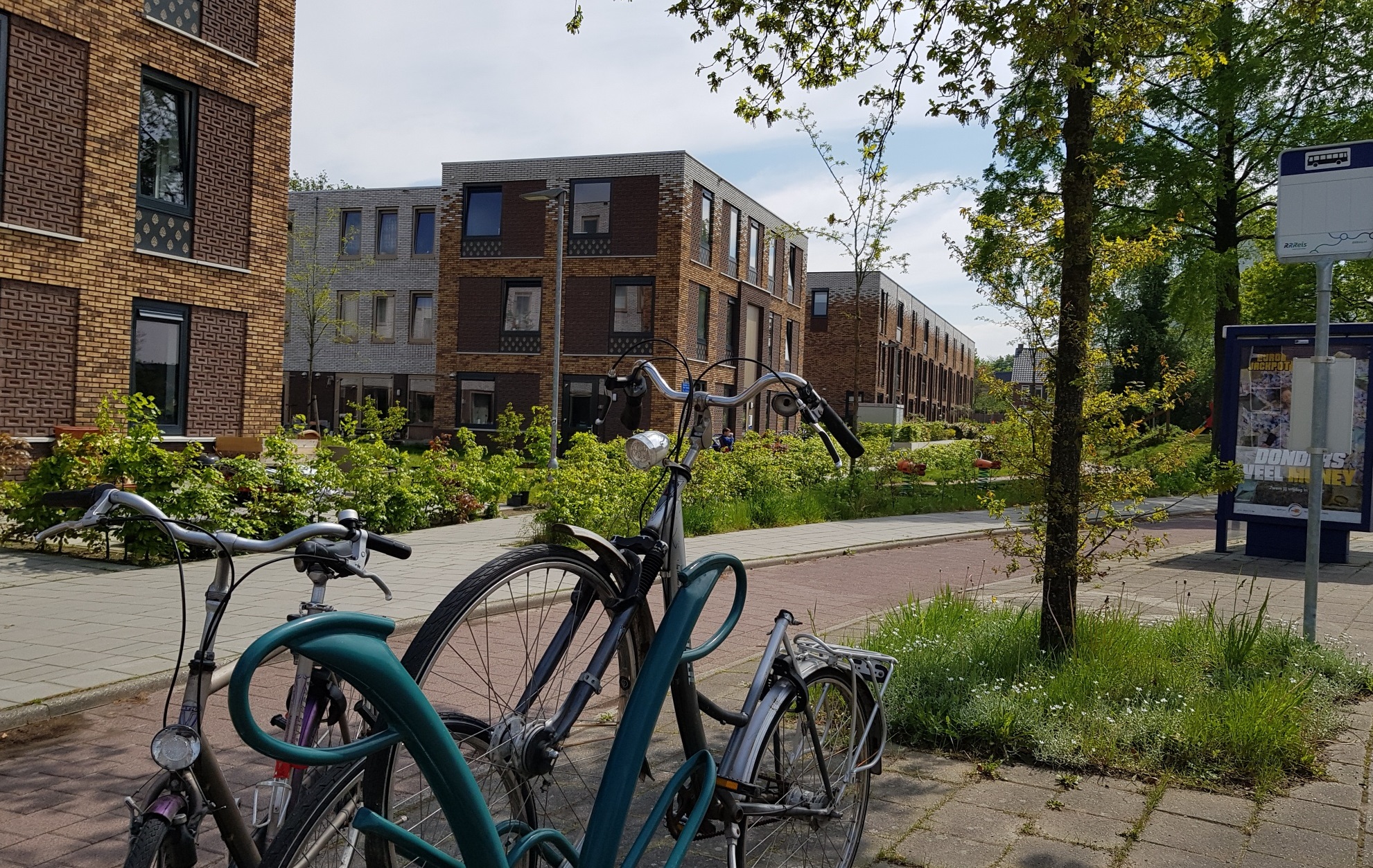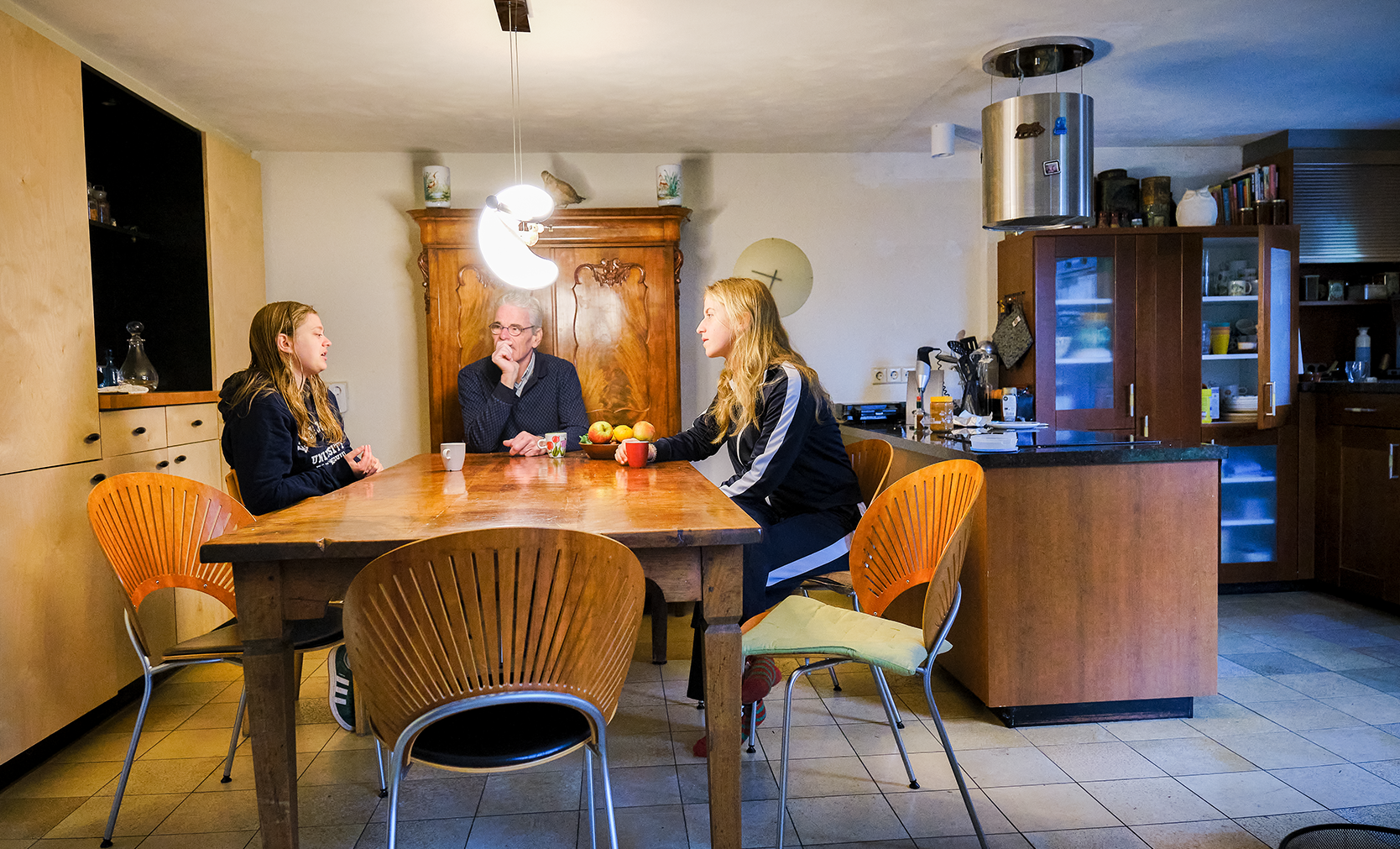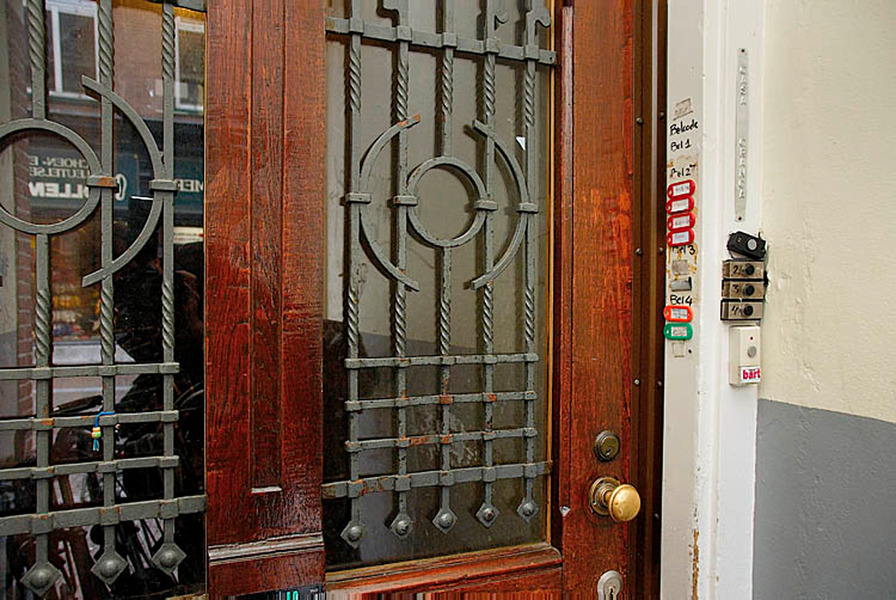Students on the waiting list for student housing with DUWO and the SSH face an increasingly long waiting time: more than three years on average. In some university cities in the Randstad metropolitan area, students graduate sooner than a room becomes available. Only Wageningen and Hoofddorp have waiting lists shorter than two years.
Student housing corporations were initially founded to help students find affordable accommodations, but they can no longer meet the demand. A survey among all the student housing associations conducted by the Hoger Onderwijs Persbureau (HOP, higher education press agency) investigated the time that elapses between registration and the signing of a lease.
The national average is three years, with only Wageningen and Hoofddorp boasting waiting times of under two years. The average waiting time in Amstelveen is 5.5 years. Longer than the duration of most programmes.
Increasing waiting time
Large university cities in the Randstad metropolitan area report considerably increased waiting times. In Utrecht, the waiting time increased by six months in the space of a single year. In the Amsterdam area (including Amstelveen, Haarlem and Hoofddorp), the waiting time has increased by one or two months per year since 2019. In Delft and Leiden, the increase was three and two months, respectively.
Studenten facing long waiting times are frequently forced to rent more expensive accommodations from private landlords. It takes an average of five months for students to find housing, according to the annual National Student Housing report.
National leasing platform
Director Jolan de Bie of Kences, the student housing agencies’ umbrella organisation, is concerned. ‘There is a serious shortage that we must address.’ The cabinet’s National Student Housing Action Plan aims to construct an additional 60 thousand housing units in the next eight years.
A new joint leasing platform will ease the pressure from 2024, says De Bie. ‘Students can register for housing as soon as they turn sixteen, but only per city. The new national platform means they will not have to choose a city yet but will simultaneously accrue waiting time in all cities.
A platform such as this also offers more options for distribution. ‘Students are increasingly mobile and could be housed in a municipality different from the one in which they are studying. If housing agencies collaborate more, this will hopefully ease the pressure on cities with the longest waiting time. Their waiting lists will be shortened.’

 The number of waitlisted students for housing continues to grow. Photo Shutterstock.
The number of waitlisted students for housing continues to grow. Photo Shutterstock. 

